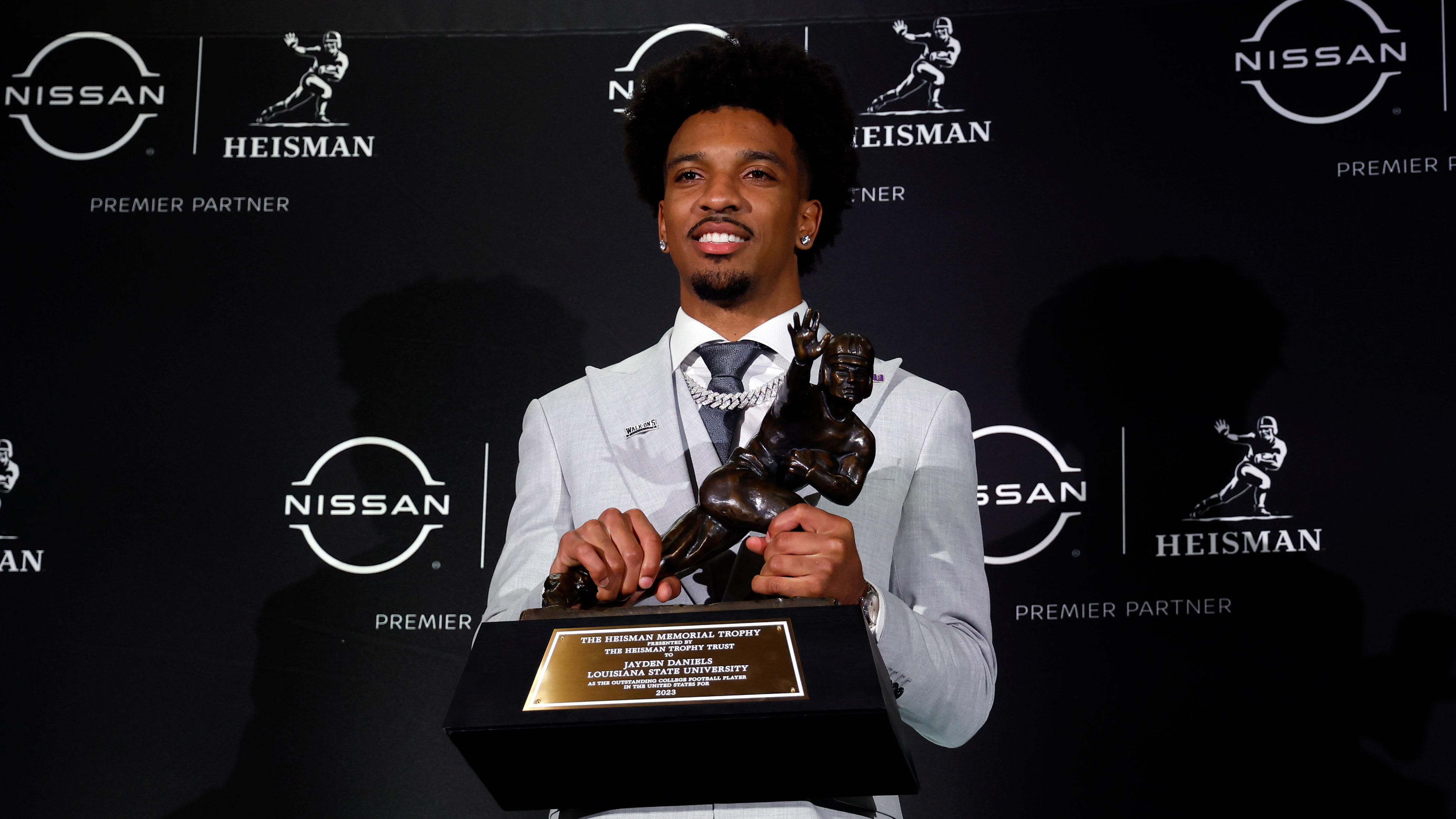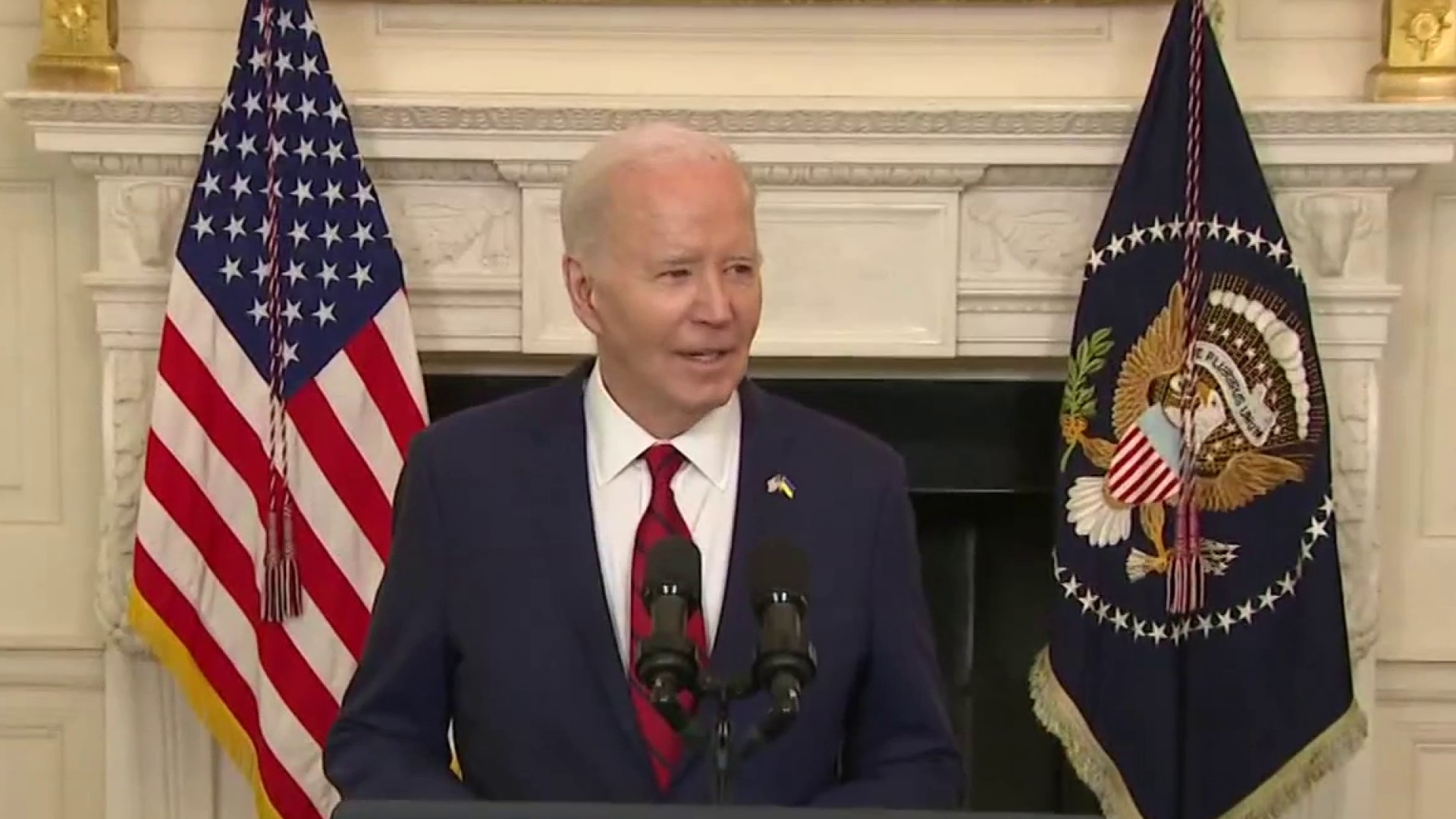Another year, another disappointment for those in support of giving District residents a vote in Congress.
The House has abandoned plans to take up legislation giving D.C. residents a vote that has been denied them for more than two centuries.
The measure would have given the District's 600,000 residents a House vote and would have temporarily given Republican-leaning Utah a new at-large seat, expanding the size of the House from 435 to 437 members.
D.C. Delegate Eleanor Holmes Norton said she asked House Majority Leader Steny Hoyer to remove the voting rights bill from the floor schedule -- for now.
"New developments in both the House and Senate have now made it difficult to pass the D.C. House Voting Rights Act right now," Norton said. "Over the weekend, the Democratic House leadership and I were shocked and blindsided to receive an updated NRA-drafted House gun bill, which would have been significantly more harmful to the city than the Senate (Ensign) gun bill. I cannot agree to these egregious changes."
The proposal was stronger than the gun provision the Senate passed, Norton said, barring the District from prohibiting or interfering with the carrying of firearms, either concealed or openly, in public or in city-controlled buildings. Norton was concerned the House provision would make it easy for people to carry guns without permits. It would also significantly reduce support of anti-gun Democrats in the Senate.
"I believe the District will become much less safe, and the opportunity for criminals, mentally unstable persons and juveniles to purchase weapons will increase dramatically," Sen. Dianne Feinstein, a Democrat, said in a statement, adding she would vote against the bill if it repeals D.C.'s firearms laws.
Local
Washington, D.C., Maryland and Virginia local news, events and information
Norton also said the unexpected opposition from Sen. Orrin Hatch (R-Utah) was another major blow. Hatch has problems with the at-large election in his state instead of gaining a seat via redistricting.
Utah also has less reason now to support the bill because the state is likely to pick up a new seat anyway after the 2010 census.
"We did not anticipate Senator Hatch’s harsh opposition to the House bill on at-large grounds, nor did we expect him to ‘filibuster and vote against this bill, and…urge…Senate colleagues to do so as well,’" Norton said. "Sen. Hatch’s filibuster of the bill almost surely will have the support of his Republican colleagues, leaving us without 60 votes."
Hoyer said he was "profoundly disappointed" that the House, which had planned to consider the voting rights bill this week, will probably not take it up this year.
The gun measure was needed "because the District of Columbia decided to ignore the ruling of the Supreme Court of the United
States,'' NRA spokesman Andrew Arulanandam said, referring to a 2008 ruling that affirmed the Second Amendment right to bear arms and stated that the District's 32-year-old ban on handgun possession was unconstitutional. "It's a reasonable amendment and people understand that the only thing it does is preserve the right to self-defense for law-abiding people in the District of Columbia.''
At least six of the 13 members of the D.C. Council, including the body's chairman, said they would not support the bill with any amendment that would weaken the city's strict gun laws. Mayor Adrian Fenty had said he supported Norton's efforts to go forward with the bill, which Norton is concerned won't see the light of day next year if Democrats lose seats in upcoming elections. Fenty said he believed the majority of residents wanted to push forward on voting rights and that gun rights advocates would try to weaken the District's gun laws even without a voting rights bill.
"We cannot walk into a stick-up job by the NRA, and the gun amendment would have been a Faustian bargain at the expense of
public safety,'' said Councilmember Phil Mendelson.
D.C. Council chairman and mayoral candidate Vincent Gray told the Washington Post Monday that he would not support the bill unless changes are made to the provision that severely restricts the city’s ability to set its own gun control laws. His position put him at odds with Fenty.
"I do not support a bill that would have us give up our right to legislate and have us give up our gun control laws," Gray told the Post. He added that the gun amendment was too high a price to pay for securing a vote in Congress.
D.C. residents, who pay federal taxes and serve in the military, have been denied a vote in Congress since the parameters of the capital were set in 1801. In 1978, the House and Senate approved a constitutional amendment giving them a House vote, but it died after failing to get ratification by three-fourths of the states.



